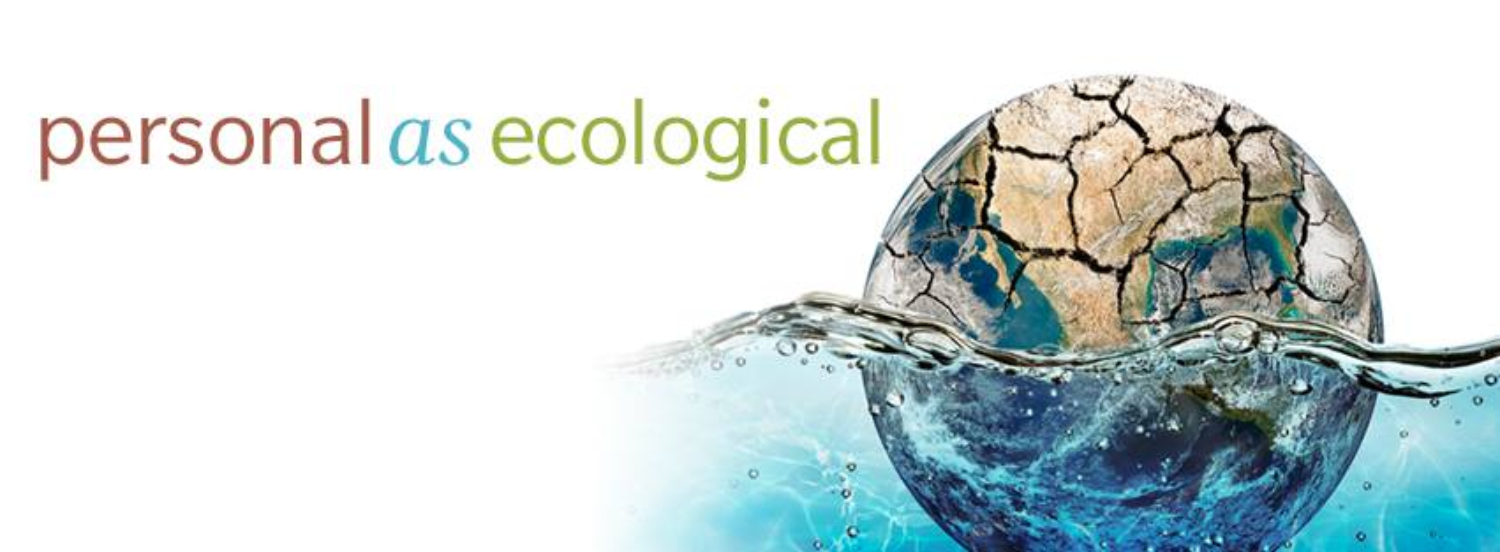As I see it, the connection between the rates of cancer and our cultural systems is again heat. We are encouraged to value Yang over Yin. Cancer in my understanding is an excessive heat and excess of stimulation at a cellular level that also is accompanied by a lack of yin, a lack of the ability of the body to hold things in place or to use a Chinese term to create latency, to create a buffer between us and the heat. So the fact that we are over stimulated internally and we have these extraordinary rates of cancer really again not only mirrors what’s happening in the environment, it mirrors what’s happening in our culture. Because our culture is a yang excess culture. We believe that expansion is better than contraction. We believe that new is better than old. We believe that doing is better than non doing. We believe that something in many cases is more valuable simply because it is new rather than what is old. And we see this medically where new medical procedures, new medications are more valued in many cases rather than old. We see this technologically, we assume that new technology is inherently better than old technology.
We have a serious systemic yang overemphasis and yang is worth. Well in Chinese medicine, if something goes up, something else goes down. So the fact that we overemphasize the yang systemically also means that we de-emphasize the yin systemically. We de-emphasize the local, we de-emphasize the slow, we de-emphasize the old. So the fact that our internal condition is so over stimulated, we have so much heat, so much excess yang is again reflected in our culture and it’s not a coincidence, that doesn’t just happen, it just doesn’t occur, it happens because of cause and effect. We’re encouraged to overvalue yang and undervalued yin individually and culturally. And as a result of that we get things like cancer, we get things like our cultural systems really being very fundamentally out of balance including our economy. Economic belief that continuous growth is somehow possible and desirable and as a result of that we have the warming of the climate. So individual heat, cultural heat, ecological heat, it’s all heat. And I think to address the underlying causes of cancer and our cultural issues and our ecological issues, we have to understand what brings health and what brings balance. And for us now I think a really important issue is to decrease the heat, to decrease the arm, to decrease the overstimulation and to bring in the yin, the coolant, the relaxation and contentment and I think that’s important individually, culturally and ecologically.
We have a serious systemic yang overemphasis and yang is worth. Well in Chinese medicine, if something goes up, something else goes down. So the fact that we overemphasize the yang systemically also means that we de-emphasize the yin systemically. We de-emphasize the local, we de-emphasize the slow, we de-emphasize the old. So the fact that our internal condition is so over stimulated, we have so much heat, so much excess yang is again reflected in our culture and it’s not a coincidence, that doesn’t just happen, it just doesn’t occur, it happens because of cause and effect. We’re encouraged to overvalue yang and undervalued yin individually and culturally. And as a result of that we get things like cancer, we get things like our cultural systems really being very fundamentally out of balance including our economy. Economic belief that continuous growth is somehow possible and desirable and as a result of that we have the warming of the climate. So individual heat, cultural heat, ecological heat, it’s all heat. And I think to address the underlying causes of cancer and our cultural issues and our ecological issues, we have to understand what brings health and what brings balance. And for us now I think a really important issue is to decrease the heat, to decrease the arm, to decrease the overstimulation and to bring in the yin, the coolant, the relaxation and contentment and I think that’s important individually, culturally and ecologically.
